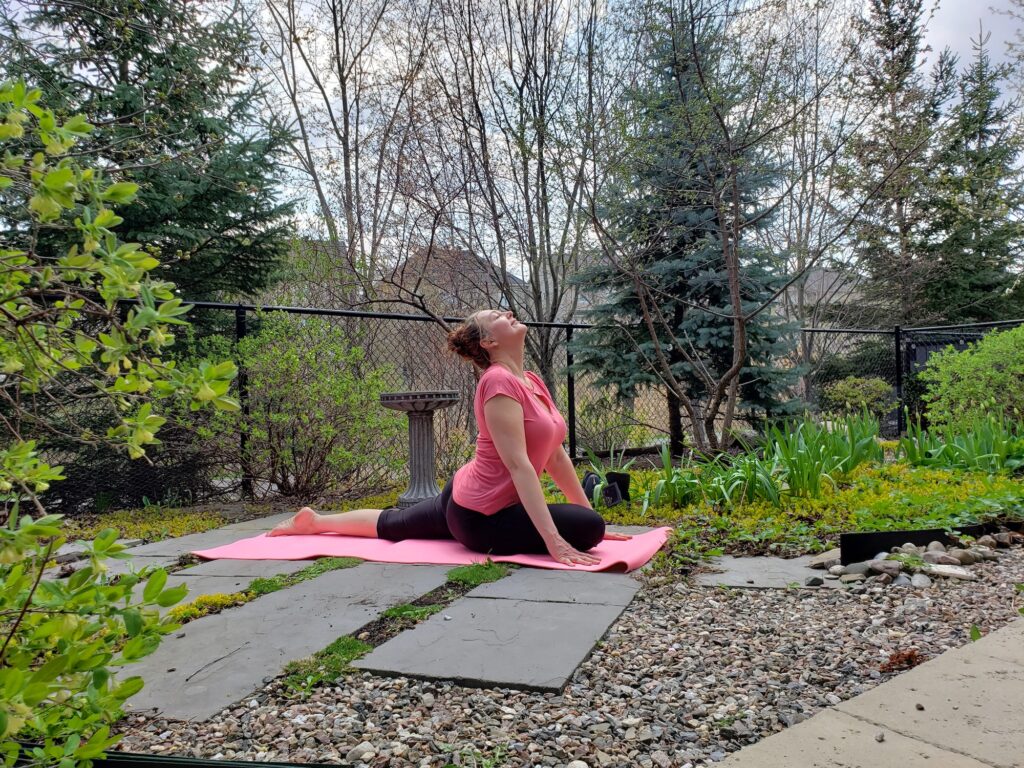Stress is a common experience for many people, and it can have a significant impact on our mental and physical health. During times of stress, it is crucial to prioritize self-care to help manage and reduce stress levels. In this article, we will explore ten effective self-care strategies that can help you relieve stress and improve your overall well-being
Stressful situations and events can trigger a range of emotional responses, including anxiety, fear, and sadness. It is essential to acknowledge and accept these feelings as a normal response to stress. By doing so, you can begin to address and manage them effectively.

Self-Care Strategies to Relieve Stress
1. Accepting and Acknowledging Your Feelings
During times of stress, it is important to accept and acknowledge your feelings. Anxiety, worry, fear, and loneliness are common emotions that may arise during challenging situations. By acknowledging these feelings, you can better understand and manage them.
2. Shifting Expectations and Practicing Mindfulness
In times of stress, it is crucial to shift your expectations and be flexible with yourself and others. Understand that stress can affect everyone differently, and it is normal for routines and daily activities to change. Practicing mindfulness can help you stay present and reduce stress levels. Mindful breathing exercises, such as the “I am Here” technique, can be beneficial in promoting relaxation and reducing anxiety.

3. Engaging in Relaxing and Enjoyable Activities
Participating in activities that you enjoy can help distract your mind from stressors and promote relaxation. This could include reading, watching movies or TV shows, painting, or engaging in hobbies that bring you joy. By immersing yourself in these activities, you can find moments of respite from stress.
4. Seeking Support and Communicating with Others
During stressful times, reaching out to friends, family, or a trusted confidant can provide valuable emotional support. Talking about your concerns and fears can help alleviate stress and provide a fresh perspective. Remember, you are not alone, and connecting with others can foster a sense of community and support.
5. Taking Care of Your Physical Health
Caring for your physical health is essential during times of stress. Ensure you are getting enough sleep, eating a balanced diet, and staying hydrated. Regular physical activity can also release endorphins, which are natural mood-boosting chemicals. Engaging in exercise, even if it’s a simple yoga practice at home, can help reduce stress and improve overall well-being.
6. Establishing a Daily Routine
Creating a daily routine can provide structure and stability during uncertain times. Having a consistent wake-up and sleep schedule, planning meals, and setting aside time for self-care activities can help reduce stress and bring a sense of normalcy. Be sure to incorporate breaks and adjust your timeline as needed to avoid burnout.

7. Practicing Gratitude and Mindfulness Meditation
Expressing gratitude can shift your focus to positive aspects of your life and promote overall well-being. Take a few minutes each day to write down what you are grateful for. Additionally, practicing mindfulness meditation can help calm your mind and reduce stress. Guided meditation apps or online resources can assist you in developing a regular mindfulness practice.
8. Limiting News Consumption and Controlling Information Intake
While it is important to stay informed, excessive exposure to news and social media can increase stress and anxiety. Choose reputable sources and limit your news consumption to reliable updates. Be mindful of how information affects your stress levels and set boundaries to maintain a healthy balance.
9. Embracing Positivity and Laughing
Laughter has been proven to reduce stress and promote a positive mindset. Engage in activities that make you laugh, such as sharing funny stories or watching comedy shows. Embracing positivity can help shift your perspective and boost your overall well-being.

10. Setting Goals and Focusing on the Future
During stressful situations, it can be helpful to set goals and focus on the future. Identify what you want to achieve and make a plan to work towards it. By having a sense of purpose and direction, you can maintain a positive outlook and reduce stress.
Self-Care Strategies to Relieve Stress
Managing and reducing stress is crucial for maintaining overall well-being. By practicing self-care strategies such as accepting your feelings, engaging in enjoyable activities, seeking support, and taking care of your physical health, you can effectively manage stress levels. Remember to set realistic expectations, practice mindfulness, and embrace positivity. By prioritizing self-care, you can improve your overall well-being and navigate stressful situations with resilience and strength.









